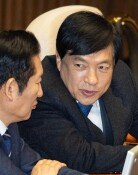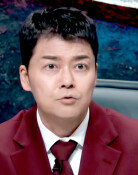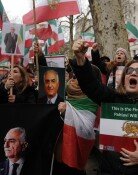Korea's rail maintenance labor costs are twice those of developed countries
Korea's rail maintenance labor costs are twice those of developed countries
Posted December. 22, 2023 08:34,
Updated December. 22, 2023 08:34
According to a government study, Korea spends twice as much on labor to maintain railroad facilities as developed countries such as the U.K. and France, but workers work fewer hours. Addressing these inefficiencies is urgently needed if the Korea Railroad Corporation (KORAIL) is to reduce a series of rail accidents and emerge from a chronic deficit.
According to the findings of the 'In-depth Diagnosis of Railway Safety System and Improvement Plan Study' conducted by the Ministry of Land, Infrastructure and Transport, as obtained by The Dong-A Ilbo on Thursday, the maintenance labor cost per kilometer of railway track in Korea was 156 million won. This figure is 1.7 to 2.7 times higher than in the United Kingdom (90 million won), France (71 million won), and Germany (58 million won). Korea’s labor costs accounted for 73.2% of the total maintenance costs (213 million won), surpassing the percentages in the U.K. (46.2%), France (50.0%), and Germany (37.4%). The ministry hired Boston Consulting Group (BCG) in January for the study.
Although more money is invested, efficiency is lower. In Korea, for facility maintenance on a seven-day work week, the average work time per worker is 37 hours, shorter than in France (40.4 hours), Germany (40 hours), and the United Kingdom (39.2 hours). The report highlights a key difference: unlike overseas practices that optimize worker numbers, Korea maintains a fixed workforce with a comparatively low level of labor utilization.
The ministry is using the report to push for the passage of an amendment to the Framework Act on Railroad Industry Development to break Korail's monopoly on maintenance work. However, the bill has hit a roadblock in the National Assembly's Land, Infrastructure, and Transport Committee legislative subcommittee. "Analyzing inefficiencies is challenging because all KORAIL organizations, encompassing operations, maintenance, and control, have grown significantly in size after being consolidated," Professor Park Jin at the KDI School of Public Policy and Management remarked.
soon9@donga.com





![“잠만 자면 입이 바싹바싹”…잠들기 전에 이것 체크해야 [알쓸톡]](https://dimg.donga.com/c/138/175/90/1/wps/NEWS/IMAGE/2026/02/23/133404749.3.jpg)

